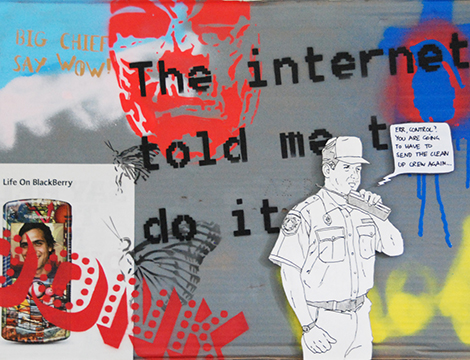
This article was originally published by World Affairs on 1 Mai 2017.
It wasn’t supposed to be this way.
At the beginning of the century, the spread of the internet, satellite television, and other media technologies was expected to break down old monopolies and political boundaries, making it nearly impossible for those in power to control what people read, watch, and hear.
Digital media have indeed expanded around the world at lightning speed in the years since, reaching populations that previously received news only from state broadcasters.
Nevertheless, press freedom worldwide deteriorated to its lowest point in 13 years in 2016, according to Freedom House’s latest annual report. Just 13 percent of the world’s population lives in countries whose media environments are ranked as fully “free.”
What the optimists failed to take into account was that forces interested in maintaining control over news and political discourse would not simply accept the inevitability of their own demise, but would fight back and look for new opportunities to increase their dominance.

